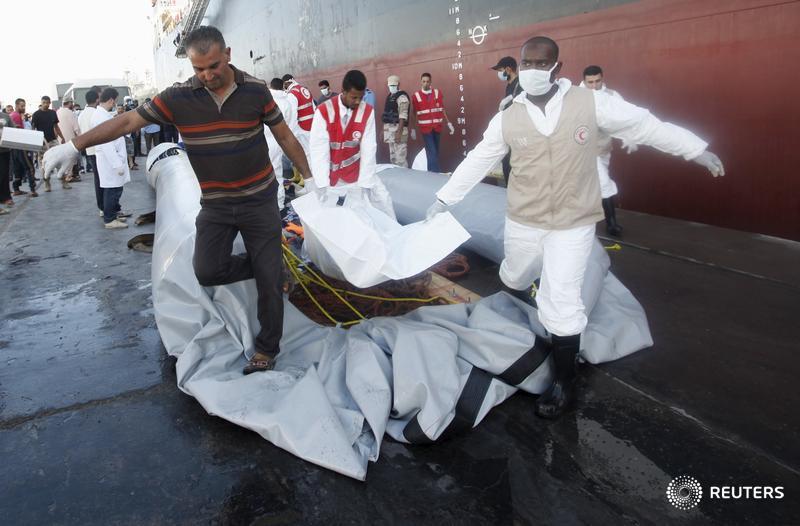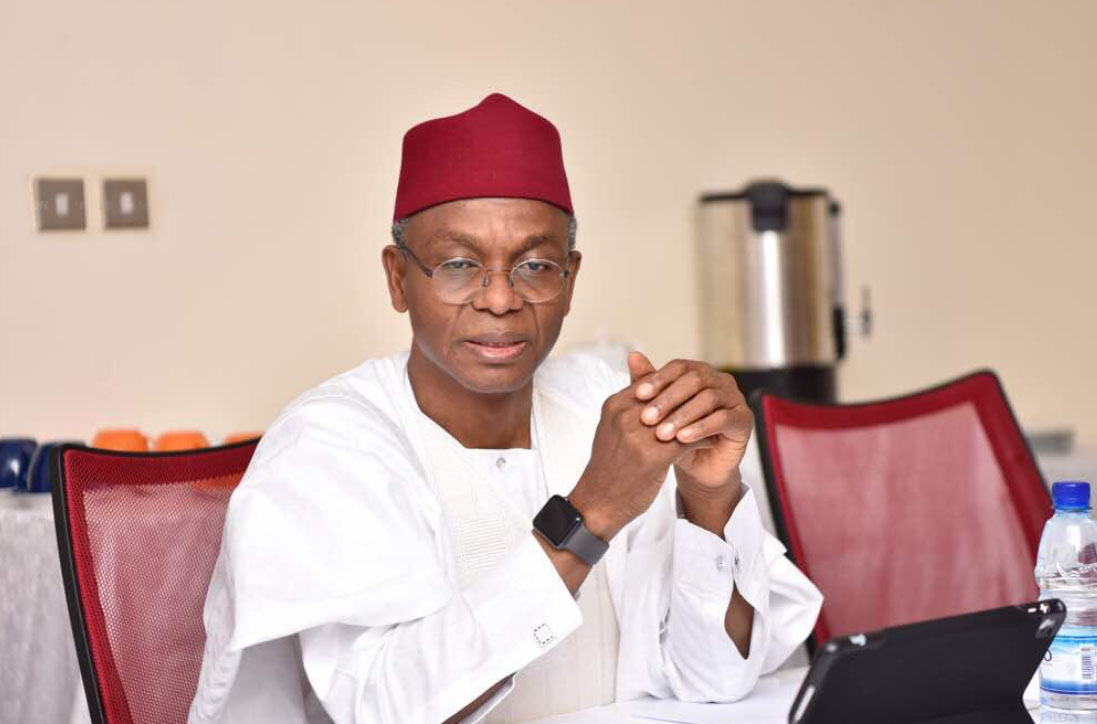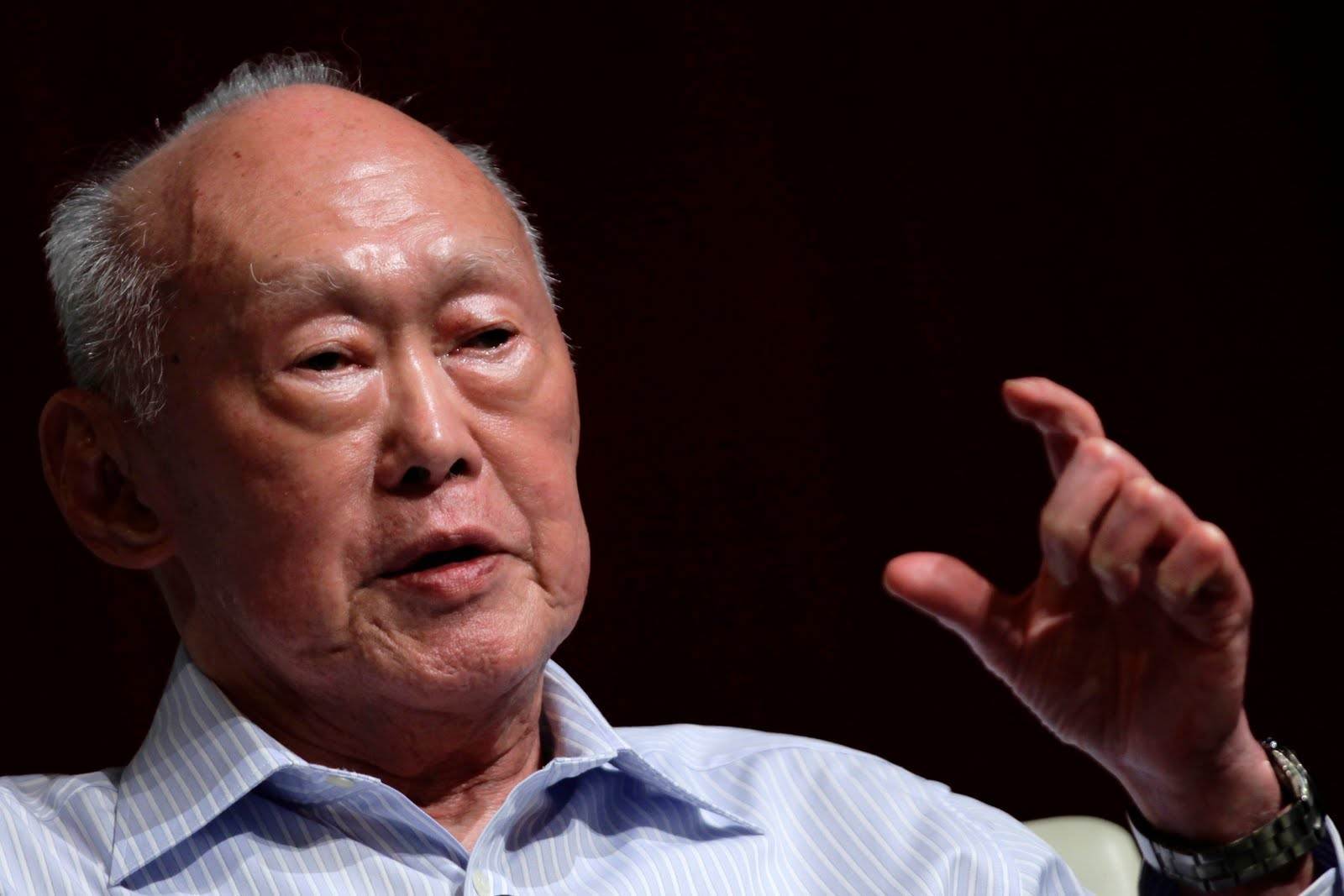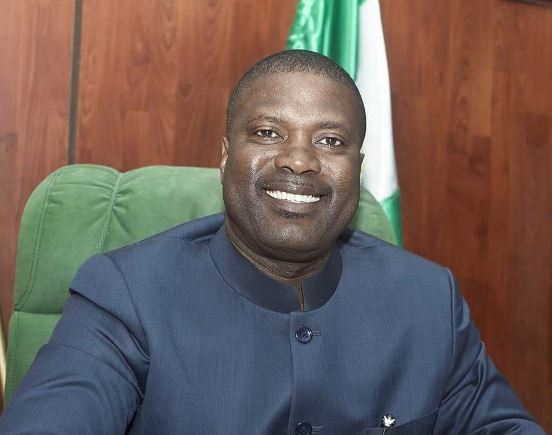BY TUNDE OKUNLOLA
The recent death of 26 Nigerian Migrants in Italy, who were allegedly tortured and sexually abused before their death, seems to have brought about a diplomatic situation of sorts between the FG and the Italian govt.
Several questions have been asked over why the Nigerian government did not have a representative there for the burial, why the Italian government changed the initial day of the burial originally slated for the 26th November, and had an impromptu burial 2 weeks prior etc. This has also opened up the sore matter of why the migration of youths still persists; It will be remembered that in January 2017, figures from the Italian Interior Ministry estimated the record of Nigerian arrivals at 36,000, with most of them claiming they were running away from Boko Haram insurgency or Niger Delta crisis. Despite the debatable reasons given, the uncontested facts remain that most Nigerian youths see the grass as being greener on the other side; a reflection of Nigeria’s domestic reality at home. The constant migration scenario once again opens up the Nigeria’s problematic diplomatic relations with the international community. Hence, while it is tempting to view the Italian- Nigerian government back and forth as an episodic one, it is important to note that this is a drop in an ocean of diplomatic challenges which continue to directly and indirectly affects the country’s over 180 million citizens.
Nigeria’s Foreign Relations: the Misses
Nigeria has a foreign policy, but weather it is a working one or not, is a different discussion entirely. A number of factors shape the foreign policy of a state among which are the domestic environment of the state, how is the state organized, state of the economy, opportunities for citizens and foreigners and most importantly perception of the outside world on how we organize ourselves. All the afore-mentioned factors unfortunately have not been under the control of the Nigerian government. As this article is being written hundreds of Nigerians are en-route Libya and the Sahara desert in search of “the better life”. In a nutshell, the domestic environment has come to mean a lot in determining the relationship between countries.
Advertisement
As alarming as the recent Italian scenario may look, this is not the first time that Nigeria has been caught in a diplomatic messy situation . Under the Gaddafi civil war era which left hundreds of Nigerians trapped in Libya, the delay by the Nigerian government in evacuating Nigerian citizens early enough led to a massive massacre of Nigerians. Life moved on. The xenophobic attacks on Nigerians in South Africa have also elicited mere condemnations from the federal government, without any concrete actions and end in sight. Under the Jonathan administration, the Cameroonian government claimed to have informed the Nigerian government of intentions to release water from the dam, but after nothing was heard, the said dam was opened and a flood ensued; meaning that sometimes the government hasn’t exactly been proactive in its duties. Several years ago, the media was agog with news of some citizens leaving the shores to join the ISIS. The question persists about what has been done to stem the flow of these citizens. With these persistent flops, how do we expect other nations to take us seriously when even our coordination seems to be off in the aspect of the sync between the foreign affairs ministry?
It does appear that foreign policy hasn’t been placed as priority by the Nigerian state, and there are copious evidences to back this up.
A way Forward:
Advertisement
The unemployment situation in the country remains a challenge and while individuals cannot be stopped from migrating wherever they so desire, movements made in droves tell the story of a challenge within. The perception of this has a damaging impact on the country’s reputation abroad. The truth of the matter is that once your economy starts failing, the respect given by the international community begins to deteriorate. It majorly starts from the economy.
The issue of citizen diplomacy which revolves around citizens’ rights outside the shores of the land, which has been pursued in recent years, has to be advanced and gaps covered. The issue of budgetary allocations for the foreign office becomes crucial. Over the years despite having over 100 diplomatic missions, the amount allocated hasn’t risen above 3 percent of the annual budget. These monies cover running costs, allowances of staff etc. This is alarming comparing the figures with that of other smaller countries; Benin Republic has dedicated 7% of its budget to its foreign relations; South Africa is also known to dedicate a serious portion of its budget to foreign relations. The 2014 National Confab did lament the issue of foreign policy, even the current senate has lamented the poor funding of the Nigerian foreign policy, hence, what we have is a vicious cycle of poor funding, lowering of morale, Nigeria’s diplomatic staff not having the morale to ask the right questions. Note that Gabon, UK, US, Poland have now formed the habit of deporting Nigerians without relevant questions being asked. These gaps need to be blocked.
It is important to also get the right people i.e. in terms of representation of those who run the foreign offices. The President of the country has the right to appoint the minister of Foreign affairs, and he has done this by appointing Geoffrey Onyeama who despite having an impressive CV hasn’t exactly satisfied questions on competence on the Job, however worthy of note are the three offices responsible for the country’s imaging outside its shores i.e. the Minister of Foreign Affairs, the Presidency and the Diplomatic missions. In the Nigerian scenario, Abike Dabiri (presidency) has proven to be more active in terms of rising to the occasion, while the foreign affairs ministry has been a bit slow at this. When rights are trampled, these three parts need to sync.
Some of the basic principles guarding our foreign policies also need to be reevaluated. Professor Hassan Salihu; a political and foreign policy expert, postulates a need to comprehensively review Nigeria’s policy which still runs on that of the Balewa administration from the 60’s; a position which is totally different from that of 2017. Three things must be considered here i.e. Nigeria’s location in the international system, resources presently possessed, and what interests we ought to be pursuing now? Doing this helps to answer aforementioned questions and find relevance on the global stage.
Advertisement
While foreign relations under the present administration seems to have been boosted under the Buhari administration when compared to the Yaradua and Jonathan era, more must be done in line with our economy and perception as a leader in the continent, beyond the mere pride in the strength of its 180 million population.
Okunlola is a broadcast journalist and writer. He holds a master’s in peace and development studies. He tweets @iam_fto
Views expressed by contributors are strictly personal and not of TheCable.
Add a comment






